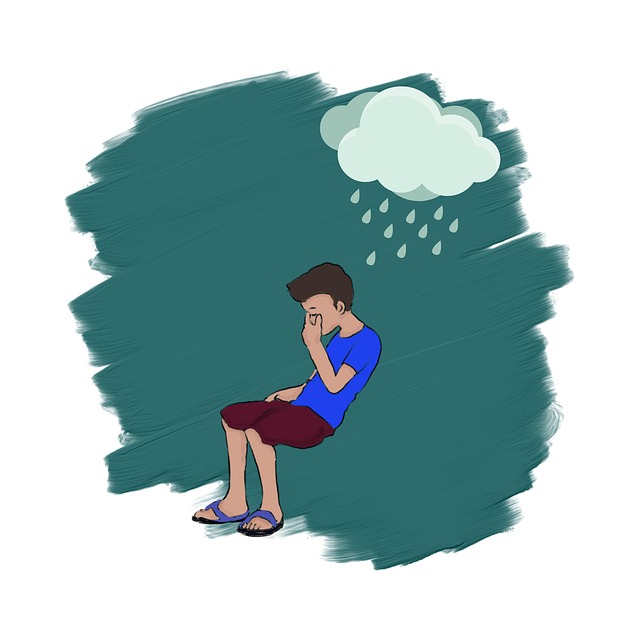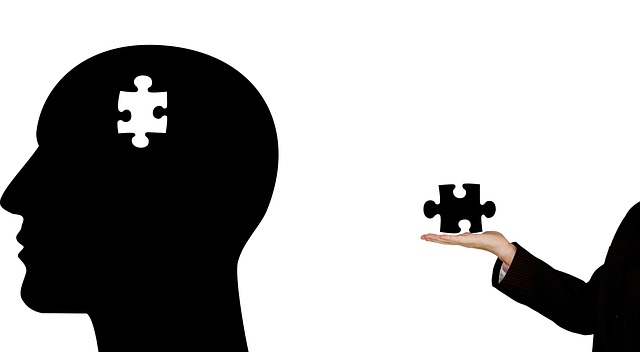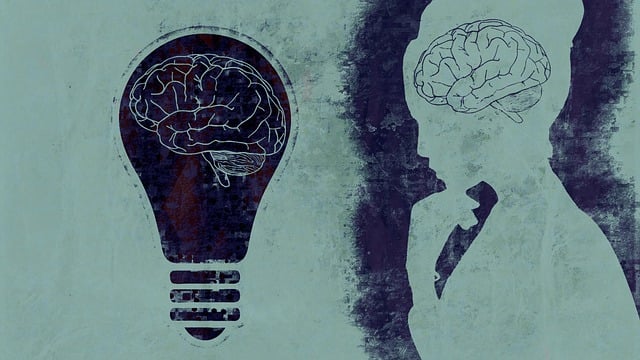The stigma attached to mental illness, particularly Golden Psychosis (schizophrenia), hinders access to care and recovery. This paragraph emphasizes the detrimental effects of societal negative attitudes, leading to discrimination and social isolation. It outlines strategies to combat stigma, including education campaigns, healthcare provider training, and compassion cultivation. Golden Psychosis Therapy offers a unique, holistic approach through art therapies, mindfulness, and community support networks. Community engagement, such as workshops and podcasts, plays a vital role in destigmatizing mental illness, fostering understanding, early intervention, and improved emotional well-being, ultimately promoting a culture of mental health awareness and support.
Mental illness stigma is a pervasive barrier to seeking treatment, impacting millions worldwide. This article explores strategies to reduce this harmful perception. We delve into the profound effects of stigma on mental health and introduce innovative approaches like Golden Psychosis Therapy, offering hope for transformation. Furthermore, we highlight the power of community engagement and education as collective efforts to foster understanding and acceptance. By examining these facets, we aim to illuminate paths towards a more inclusive society where mental wellness is nurtured without fear of judgment.
- Understanding Stigma and Its Impact on Mental Health
- Golden Psychosis Therapy: A Novel Approach to Breaking the Stigma
- Community Engagement and Education: Collective Efforts for Change
Understanding Stigma and Its Impact on Mental Health

Stigma surrounding mental illness can have severe consequences on individuals’ well-being and their willingness to seek help. It often manifests as negative attitudes, beliefs, and stereotypes about people with mental health conditions, leading to discrimination and social exclusion. This stigma can start from early perceptions of fear or misunderstanding and solidify into societal norms, creating a barrier for those in need. When left unaddressed, it may discourage individuals from disclosing their struggles, accessing appropriate care, and even hinder progress in therapy.
The impact is profound, especially for conditions like schizophrenia, commonly known as Golden Psychosis. Stigma can lead to isolation, reduced self-esteem, and a reluctance to engage in treatment, such as psychotherapy or medication management. Efforts to reduce this stigma are crucial, involving education campaigns that promote understanding and compassion. Strategies like Burnout Prevention for Healthcare Providers can also help professionals maintain empathy, ensuring they offer effective support without perpetuating negative stereotypes. Mood Management techniques and Compassion Cultivation Practices play a significant role in fostering a supportive environment, both within healthcare settings and the broader community, ultimately enhancing recovery journeys.
Golden Psychosis Therapy: A Novel Approach to Breaking the Stigma

Golden Psychosis Therapy represents a novel approach to breaking down the stigma surrounding mental illness, particularly psychotic disorders. By focusing on early intervention and personalized treatment plans, this innovative method challenges societal perceptions and promotes understanding. This therapy goes beyond traditional treatments by integrating creative art therapies, mindfulness exercises, and community support networks to foster a holistic healing process.
Incorporating Golden Psychosis Therapy into broader mental health initiatives like Mental Health Policy Analysis and Advocacy, along with the development of Public Awareness Campaigns, can significantly contribute to enhancing public discourse on psychotic disorders. By destigmatizing these conditions, we not only offer better anxiety relief for individuals struggling but also create a more inclusive society that supports their well-being.
Community Engagement and Education: Collective Efforts for Change

Community engagement and education are pivotal in the ongoing battle to reduce the stigma surrounding mental illness. By fostering open conversations and sharing accurate information, we can dispel myths and create an environment where individuals feel empowered to seek support. Schools, workplaces, and community centers serve as ideal platforms for these initiatives. Workshops, seminars, and interactive Mental Wellness Podcast Series Production can educate the public about various conditions, including schizophrenia and bipolar disorder, often referred to as Golden Psychosis Therapy. These efforts aim to promote understanding, empathy, and early intervention, ultimately leading to improved emotional well-being promotion techniques.
Additionally, involving individuals with personal experiences of mental illness in community programs can be incredibly powerful. Sharing their stories and insights helps break down barriers and encourages others to speak up about their struggles. Such collective actions contribute to a cultural shift where mental health is prioritized, and support networks are readily available, ensuring no one faces the challenges alone.
Mental illness stigma, a persistent barrier to treatment, can be effectively addressed through a multi-faceted approach. By combining therapeutic innovations like Golden Psychosis Therapy with community engagement and education, we can foster a more understanding and supportive society. This holistic strategy not only breaks down the walls of isolation but also empowers individuals to seek help without fear of judgment, ultimately improving mental health outcomes for all. Golden Psychosis Therapy, in particular, offers a promising avenue for reducing stigma by shifting perspectives and promoting empathy.














